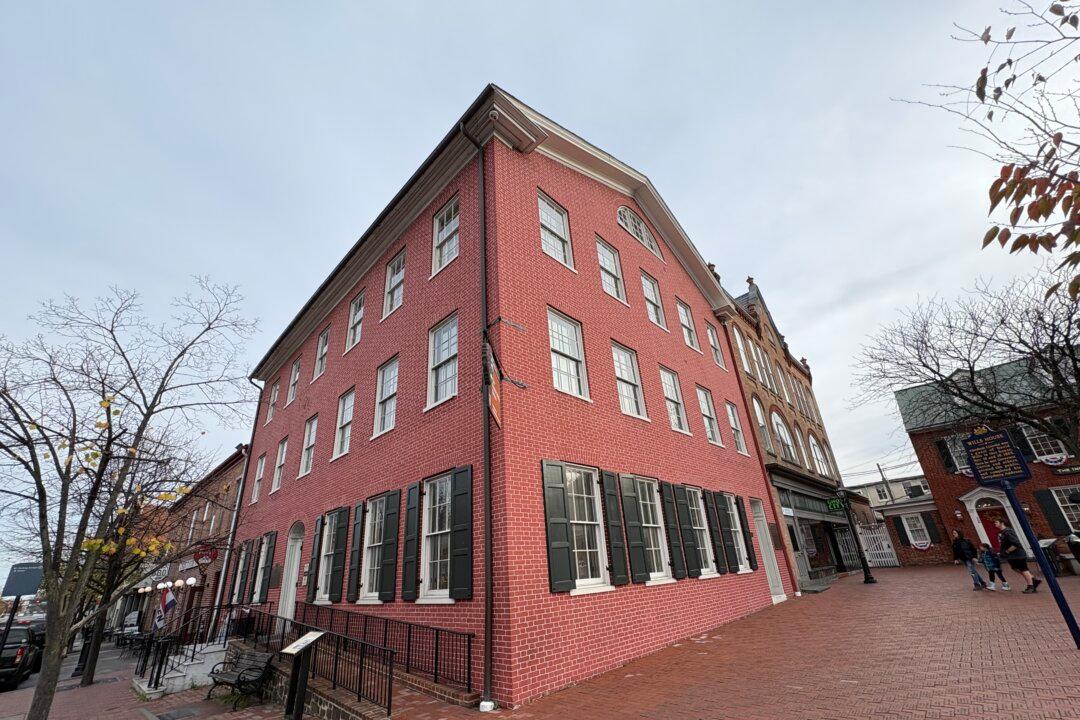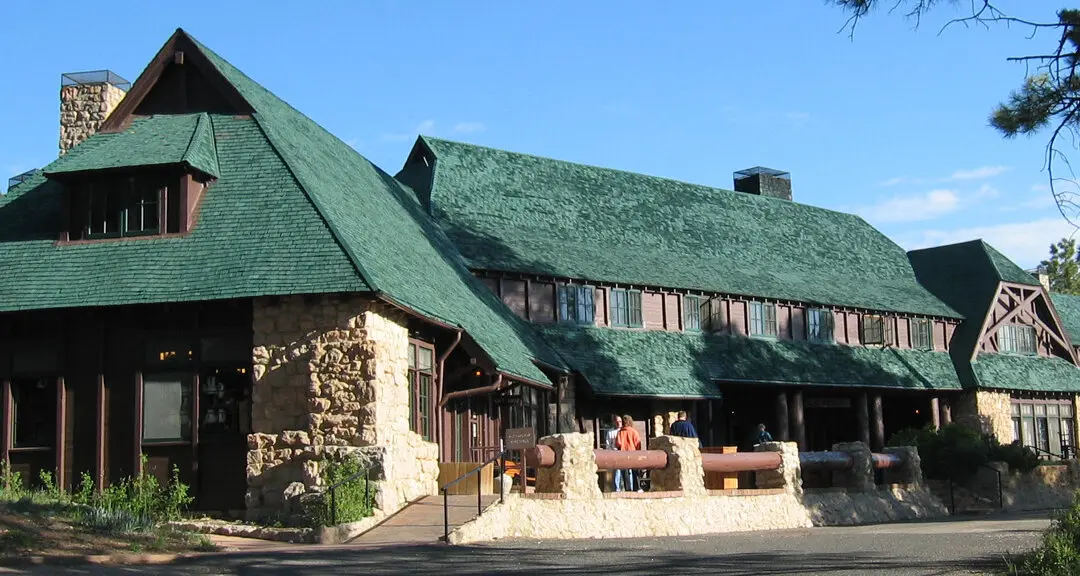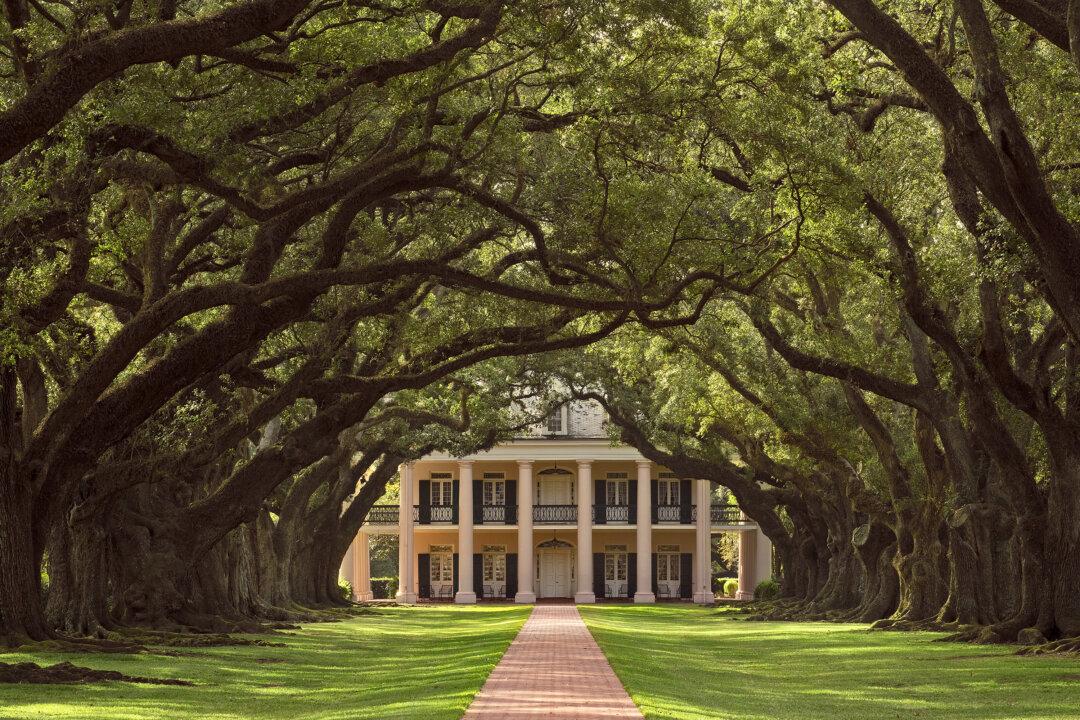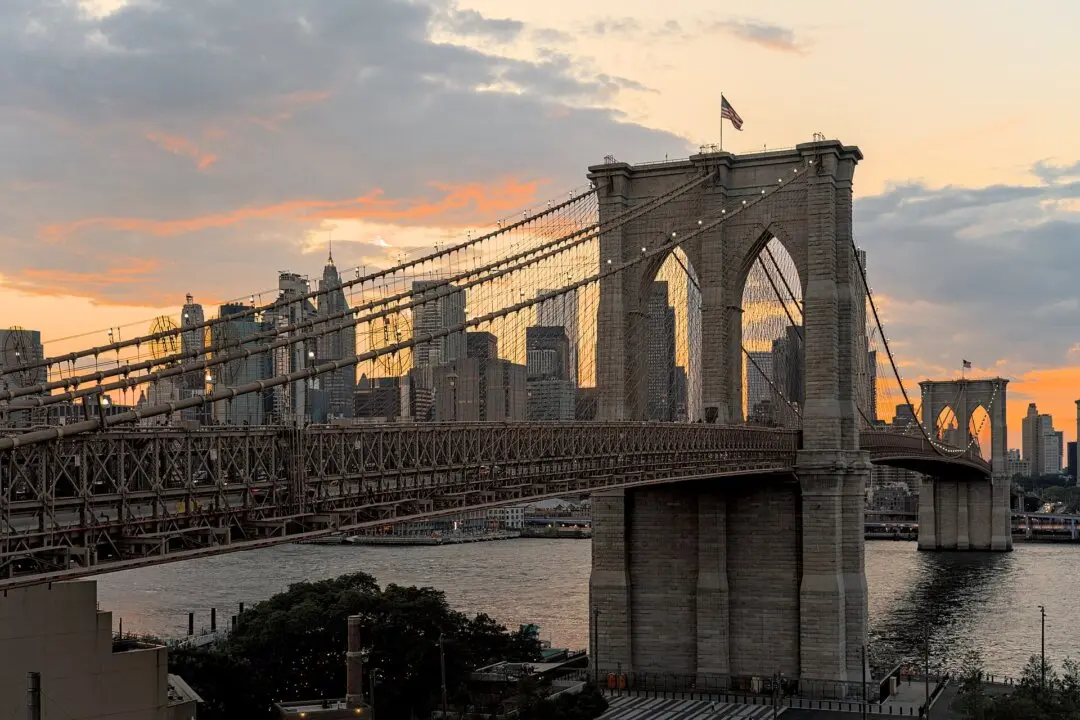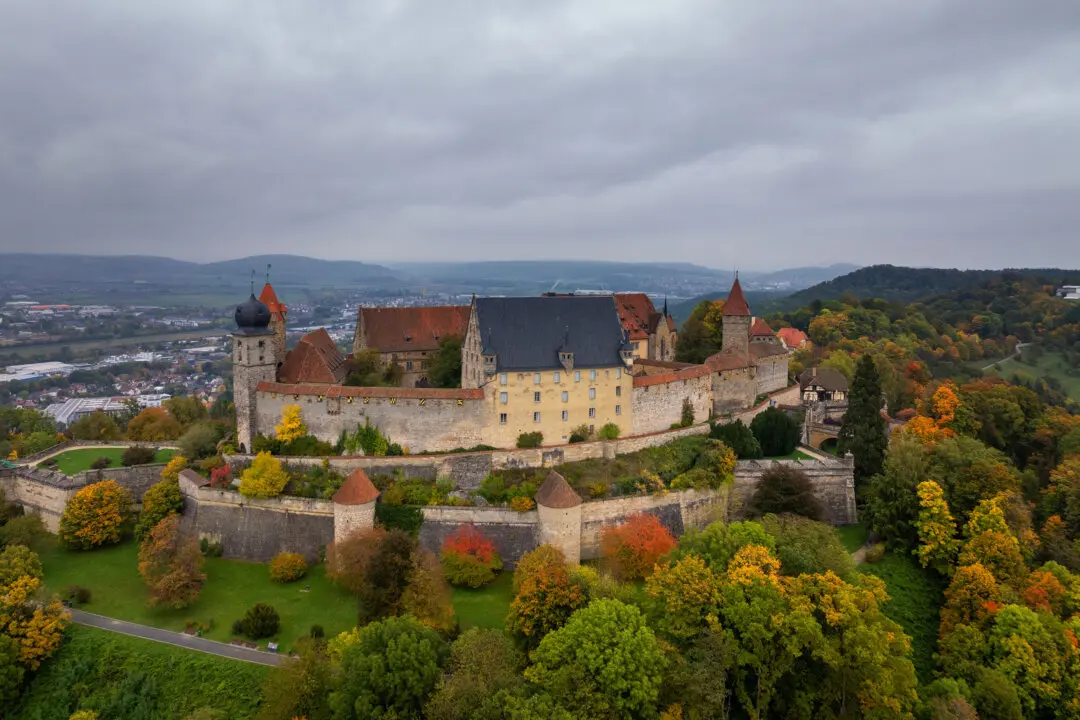A house is just a house and a building just a building—until something weighty happens there. In November 1863, Abraham Lincoln was the guest of attorney David Wills. The 16th president’s visit to Gettysburg, Pennsylvania, his overnight stay at Wills’s house, and the words he spoke to crowds gathered at a new cemetery on Nov. 19 left an indelible impression that continues to fascinate visitors today.
Pennsylvania native David Wills would undoubtedly be surprised to know that his home, located on the town’s Lincoln Square, is now part of the National Park Service’s Gettysburg National Military Park. The house was renovated and opened to the public on Feb. 12, 2009, the 200th anniversary of Lincoln’s birthday. The three-story house-museum has artifacts from the Battle of Gettysburg on display, as well as letters written by soldiers’ family members to Wills.

